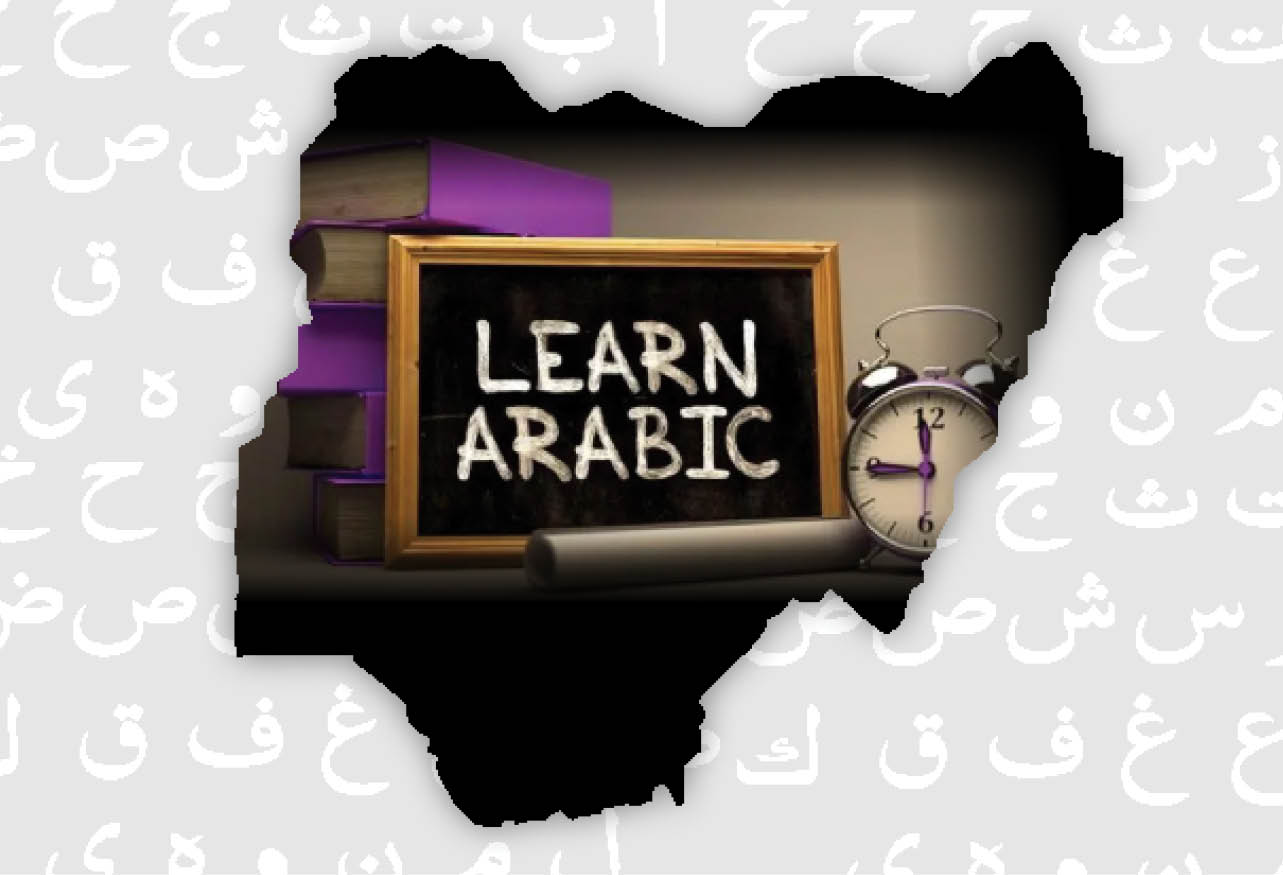‘Integrating Arabic into national policies will unlock economic, educational opportunities’
A new study has called for urgent reforms in the teaching and application of the Arabic language in Nigeria to enhance its contribution to nation-building. The research, titled “Arabic Language and Literature in Nigeria: Redefinition and Deconstruction for Nation Building in the 21st Century,” was conducted by Prof. Abdulrazaq Mohammed Katibi of the Department of […]

As Arabic flourishes in a Nigerian home
A new study has called for urgent reforms in the teaching and application of the Arabic language in Nigeria to enhance its contribution to nation-building.
The research, titled “Arabic Language and Literature in Nigeria: Redefinition and Deconstruction for Nation Building in the 21st Century,” was conducted by Prof. Abdulrazaq Mohammed Katibi of the Department of Arabic and French, Kwara State University, Malete.
It stressed the need to restructure Arabic studies to align with the country’s socio-cultural, economic, and political realities.
It was sponsored by the Tertiary Education Trust Fund (TETFUND) under the 2021 Institutional-Based Research (IBR) programme and submitted to the university’s Centre for Research and Development.
- Bandits kidnap Council Secretary, wife in Niger
- Bauchi chief judge raises concern over rising cases of witchcraft
According to the research, Arabic had the potential to contribute significantly to Nigeria’s modern development but had remained underutilised.
It highlights the slow government action in integrating Arabic into national policies, education, and economic strategies despite the country’s vast human and material resources.
The study, thereafter, recommended a fundamental restructuring of Arabic studies.
It also proposed an expansion of Arabic certificates to qualify students for diverse university disciplines and integration of modern technology into Arabic education.
The research further introduced the RICE model (Resources, Implementation, Communication, and Entrepreneurship), which outlined how Arabic could be utilised in governance, education, and economic empowerment.
Additionally, the study stressed the need to modernise Arabic literature, incorporating artistic and technological advancements to make it more relevant in today’s world.
It called for increased government engagement with Arabic scholars in policymaking and urged the inclusion of Arabic-speaking communities in national unity programmes.
By implementing these recommendations, the study suggested that Nigeria could unlock new opportunities in education, governance, and economic development, strengthening Arabic’s role in nation-building.
